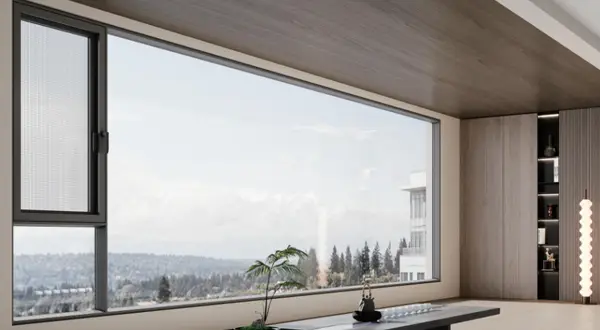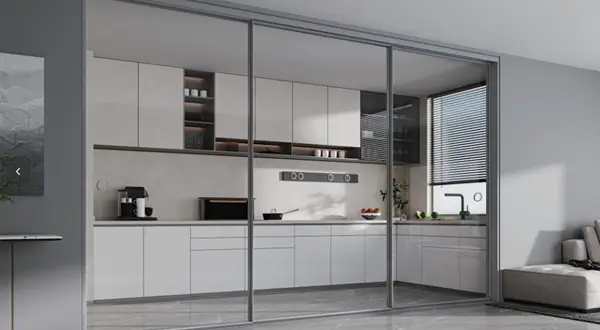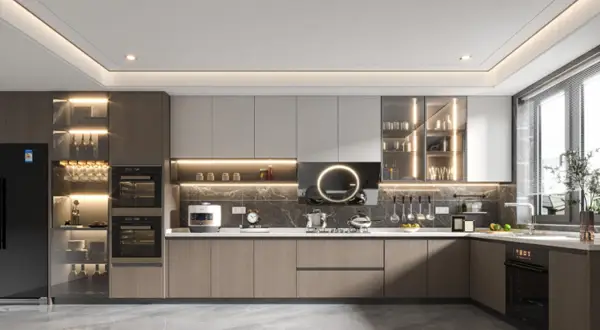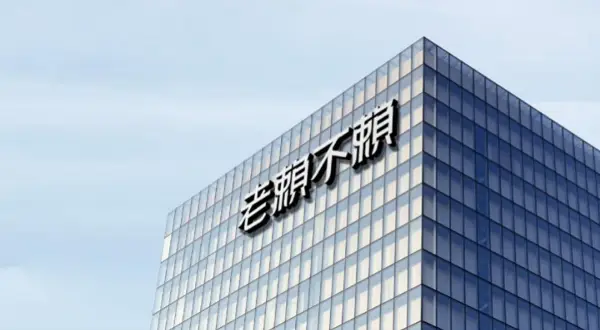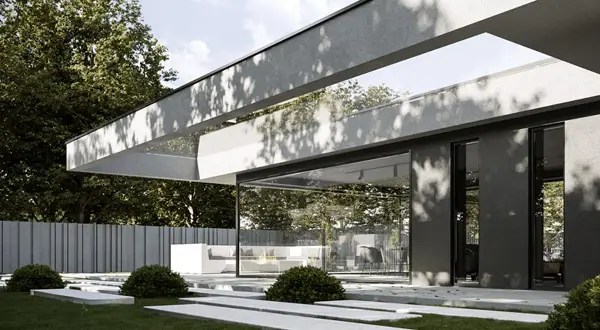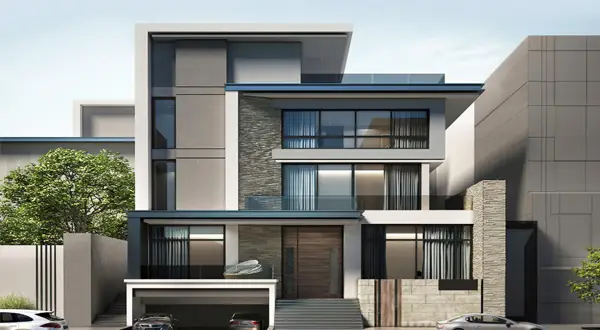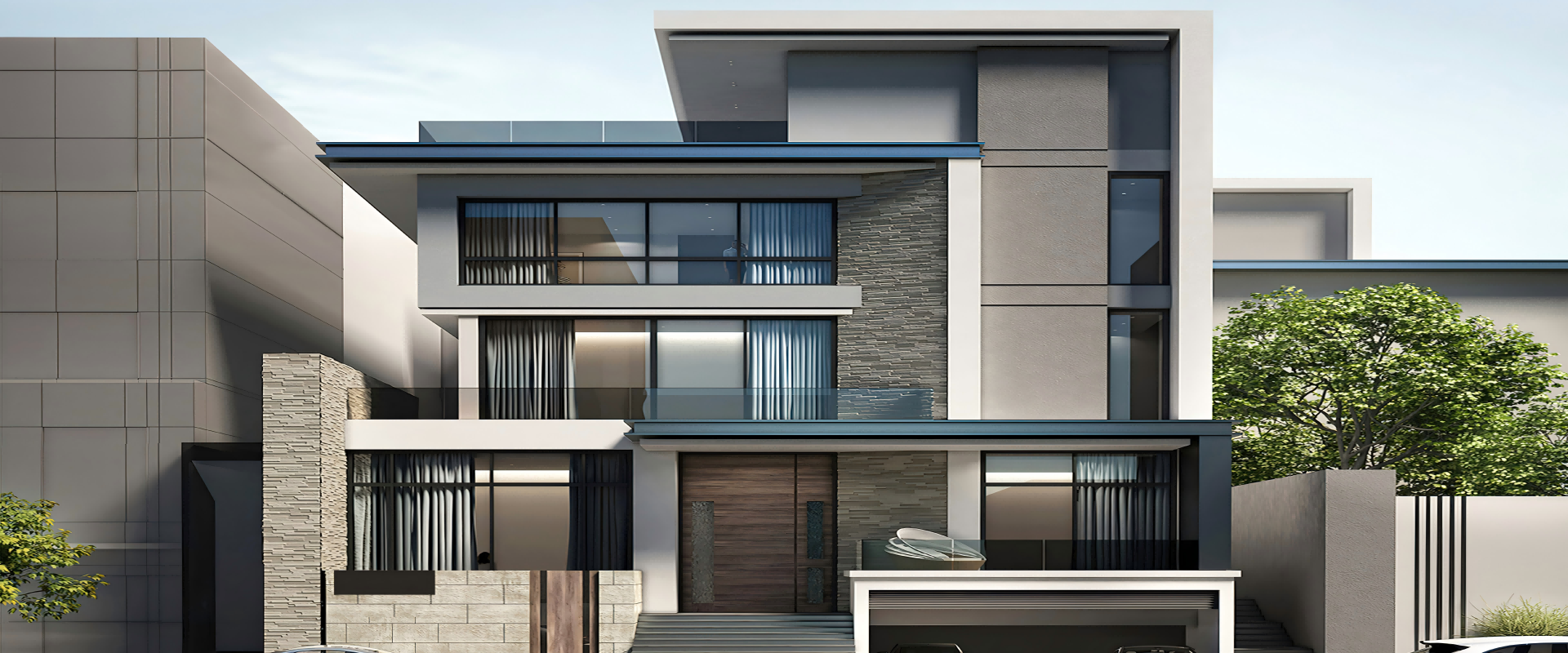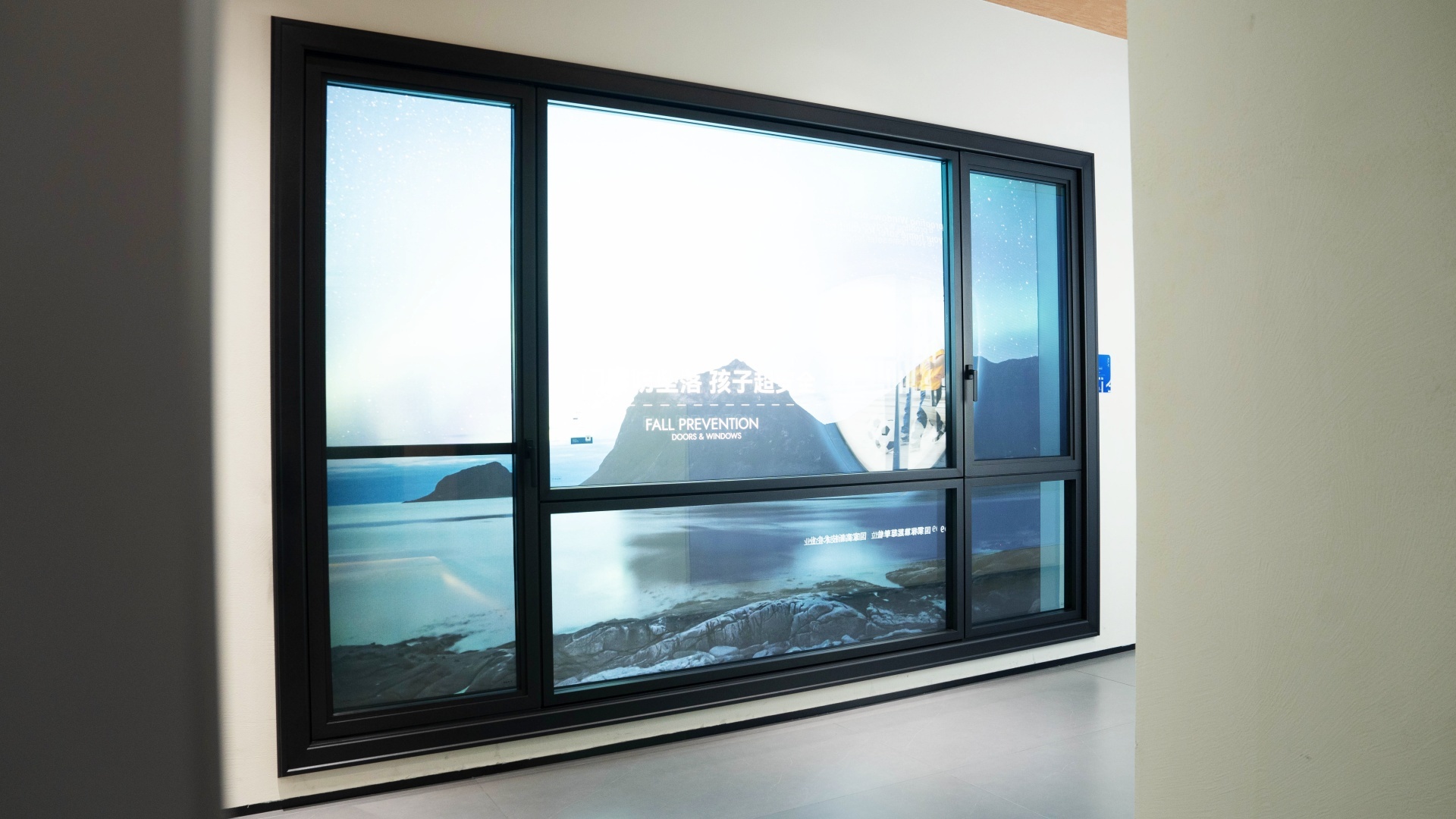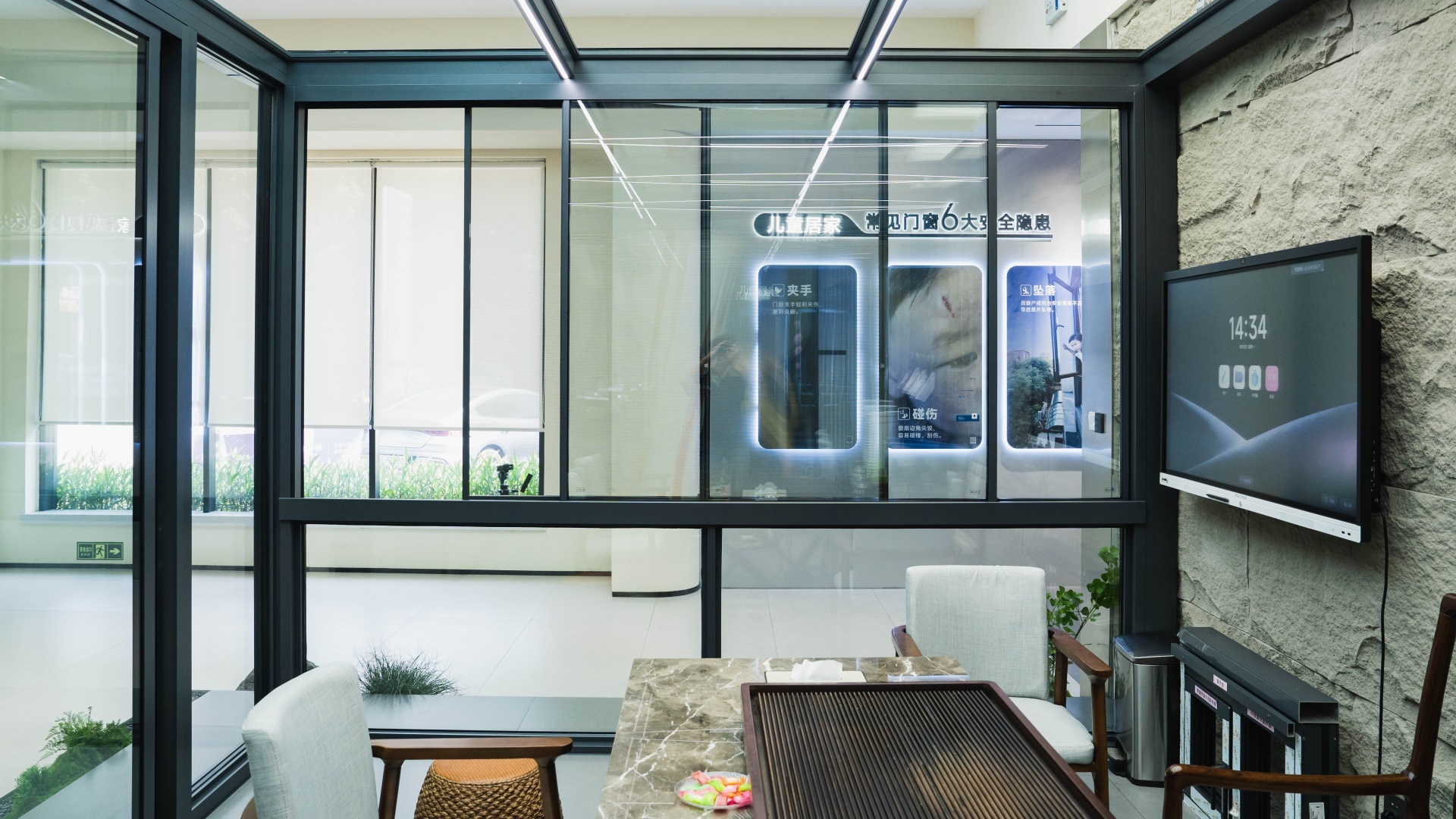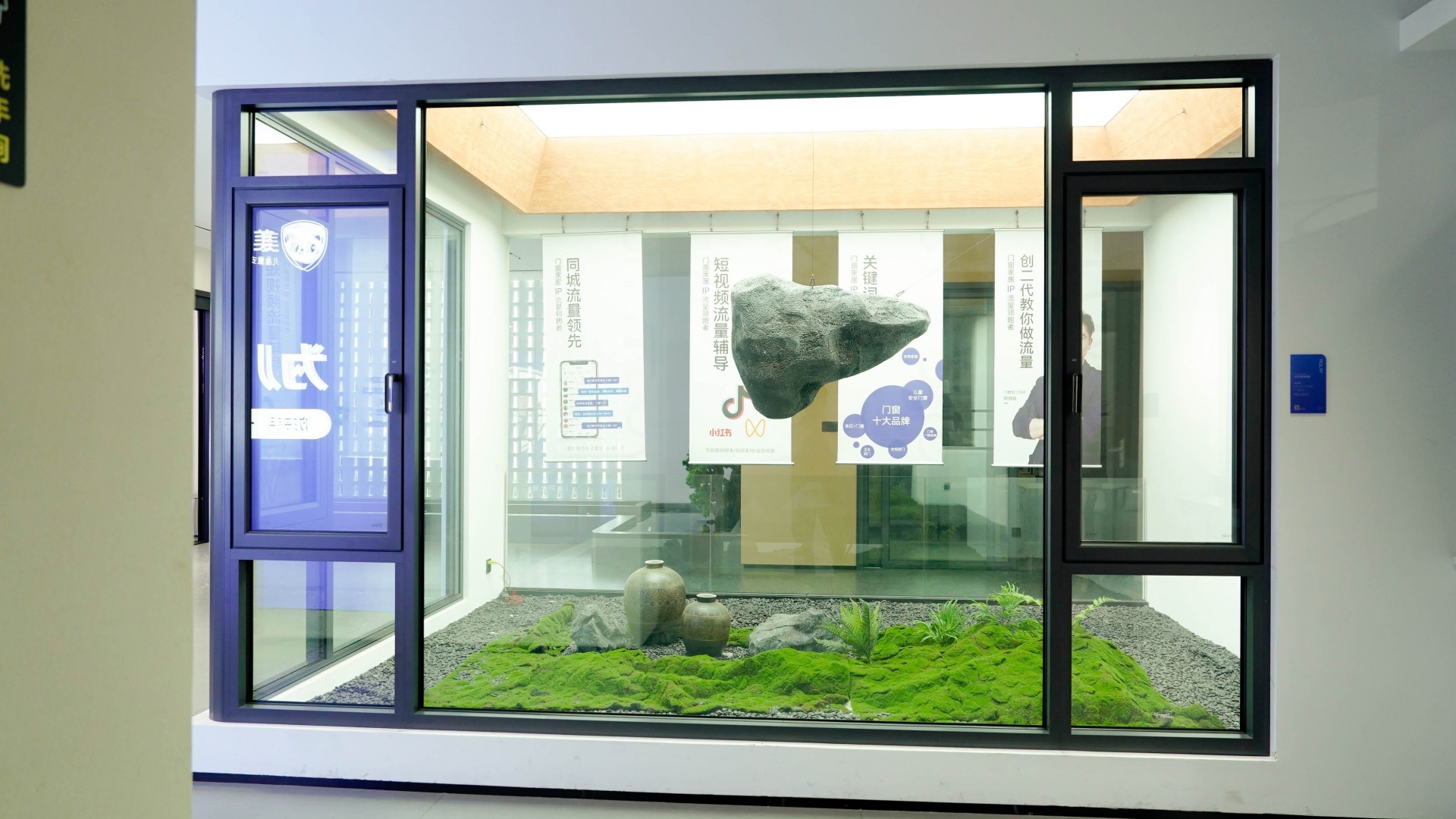10
2025
-
10
ROLAY Windows :What You Need to Know About Aluminum Windows
Selecting aluminum windows in the Middle East requires thermally broken profiles to withstand extreme heat, sandstorms, and coastal salt spray. Different countries demand specific certifications and window types—for example, SASO in Saudi Arabia, ESMA in UAE, and CE/NFRC in Qatar. Thermally broken aluminum windows with PA66 thermal breaks, Low-E glazing, EPDM sealing, and 304/316 stainless steel hardware ensure energy efficiency, durability, and safety. ROLAY Windows provides customized production and installation, meeting local codes while enhancing performance, aesthetics, and long-term reliability.
Choosing aluminum windows in the Middle East (Qatar, Oman, Saudi Arabia, UAE, Kuwait, Bahrain, Egypt) is not the same as in temperate regions. Many first-time renovators opt for traditional windows only to quickly find they are “incompatible with local conditions”: interiors become unbearably hot in summer, sand infiltrates gaps, and coastal windows rust easily. The root cause is that the extreme Middle Eastern climate exceeds the tolerance of ordinary windows.
Thermally broken aluminum windows are the core solution to these issues. Understanding them before purchasing ensures you choose the right windows. Additionally, each country has specific requirements for window types and certifications; for instance, Qatar clearly specifies suitable window types.
This guide walks you through basic knowledge to country-specific customization, helping you select aluminum windows adapted for the Middle East.
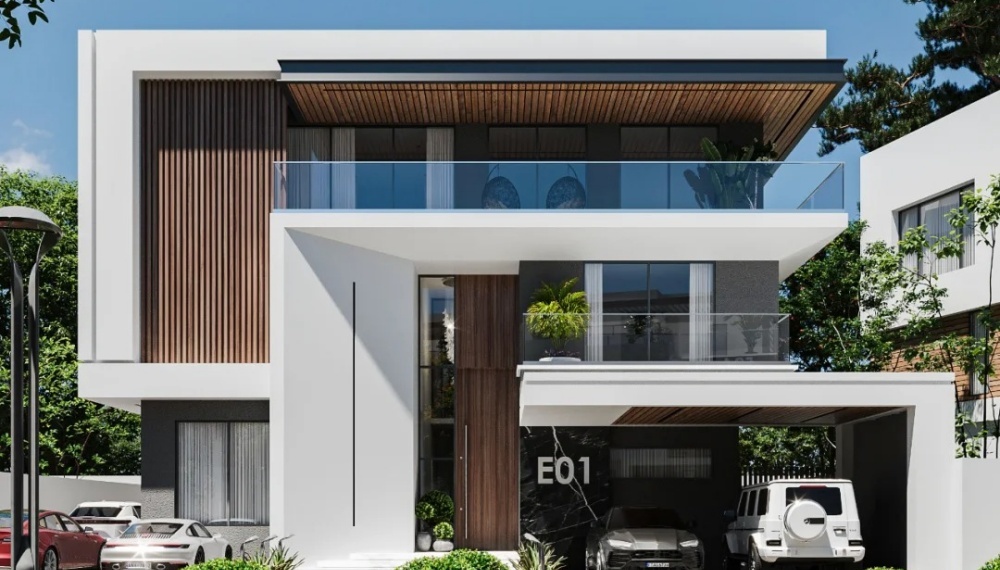
1. Why Thermally Broken Aluminum Windows Are the First Choice in the Middle East
In the Middle East, thermally broken aluminum is not optional—it’s a basic necessity. Key advantages include:
1.1 What Are Thermally Broken Aluminum Windows?
The core of thermally broken aluminum windows is the insertion of PA66 nylon thermal breaks between aluminum profiles (instead of ordinary PVC strips). This effectively “breaks” the thermal path of the metal.
Regular aluminum: solid metal, transfers outdoor heat indoors.
Thermally broken aluminum: blocks heat transfer while maintaining aluminum durability, ideal for high-temperature environments.
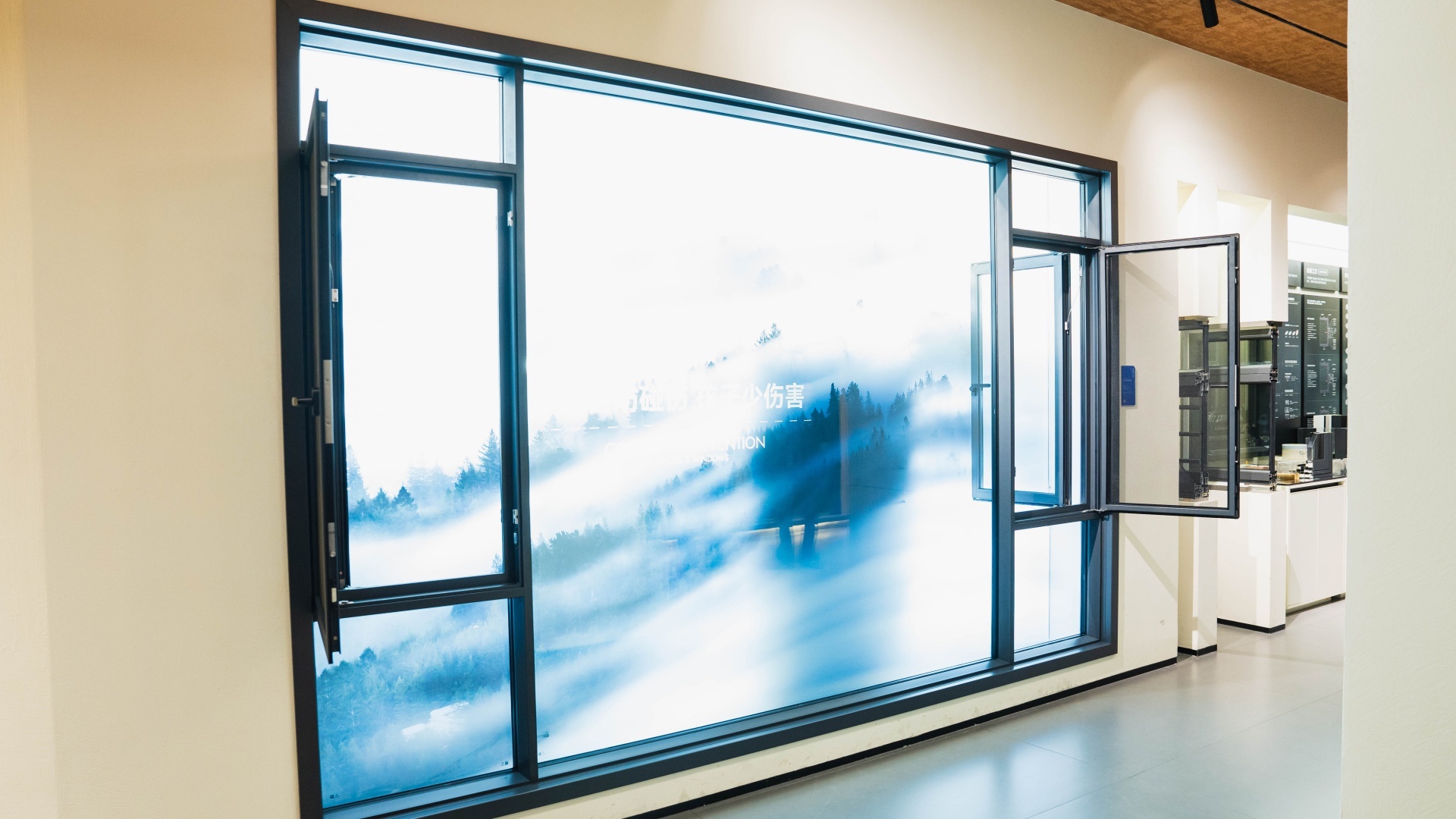
1.2 Advantages for the Middle East
Superior Insulation: PA66 nylon thermal breaks withstand temperatures >200°C. Combined with Low-E double-glass, U-values ≤ 2.8 W/(㎡·K), reducing summer AC energy consumption by 30%+.
Anti-Aging: Profiles with PVDF fluorocarbon coating or ultra-durable powder coating resist strong UV radiation, lasting 10 years without fading. Lifespan exceeds traditional aluminum by 5–8 years.
Excellent Sealing: Multiple EPDM sealing strips block sand and water better than traditional windows.
Versatility: Can be made into casement, inward-tilt, narrow-frame system windows, satisfying diverse architectural requirements.
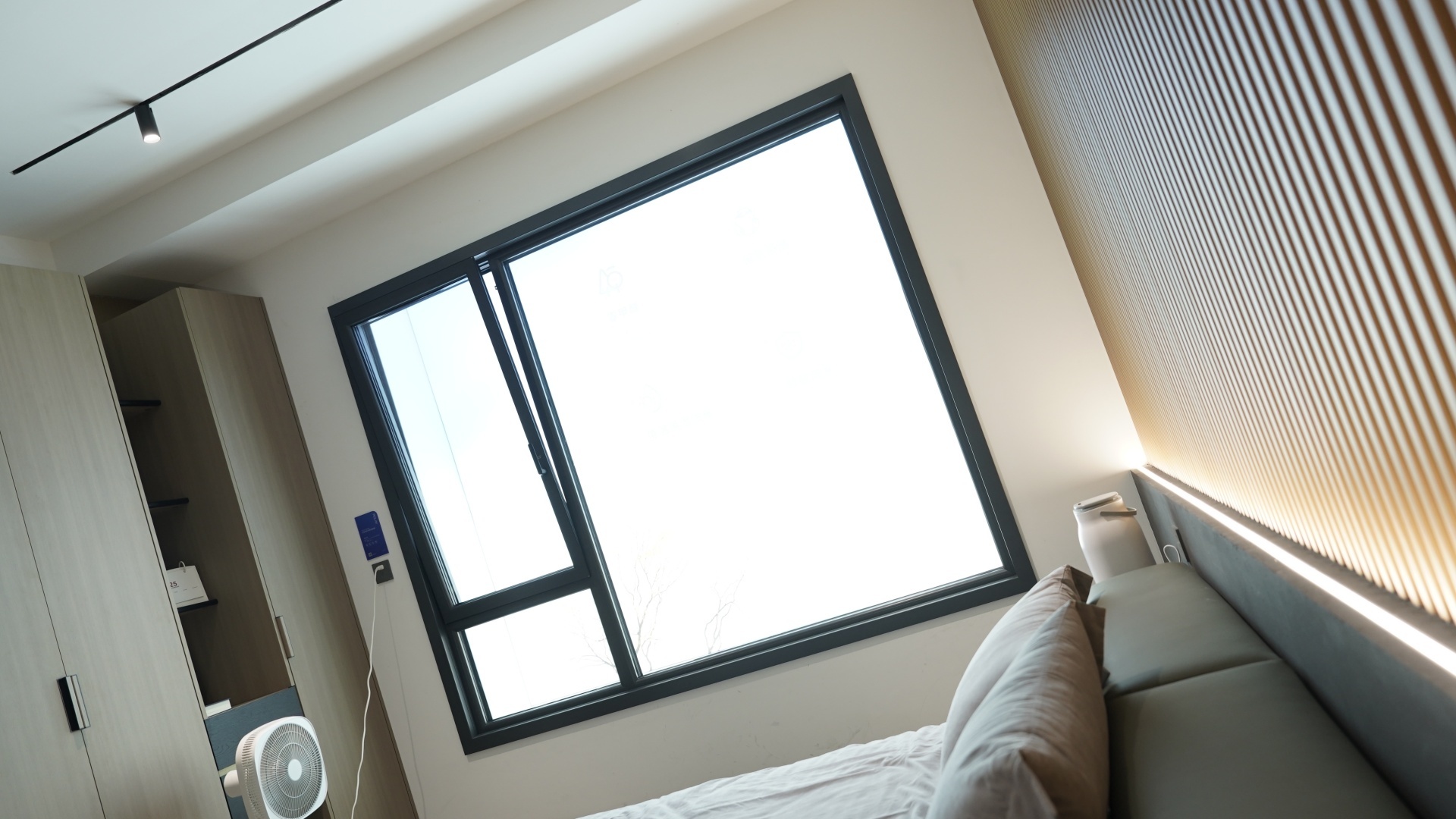
2. Custom Design for Extreme Middle Eastern Conditions
Selecting thermally broken aluminum is just the first step. Windows must be customized for heat, sand, and salt spray:
2.1 Heat Resistance: Don’t Let Windows Become “Heat Conductors”
Profile Material: 6063-T5/T6 aluminum with magnesium & silicon. High strength, minimal deformation, prevents seal failure.
Surface Coating: For rooftops/high exposure: PVDF fluorocarbon coating (10-year durability). Budget option: ultra-durable powder coating (≥180°C).
Glass: Low-E double (5+20A+5) or triple glazing, filled with argon. Reflects 90% infrared, reduces heat & UV damage.
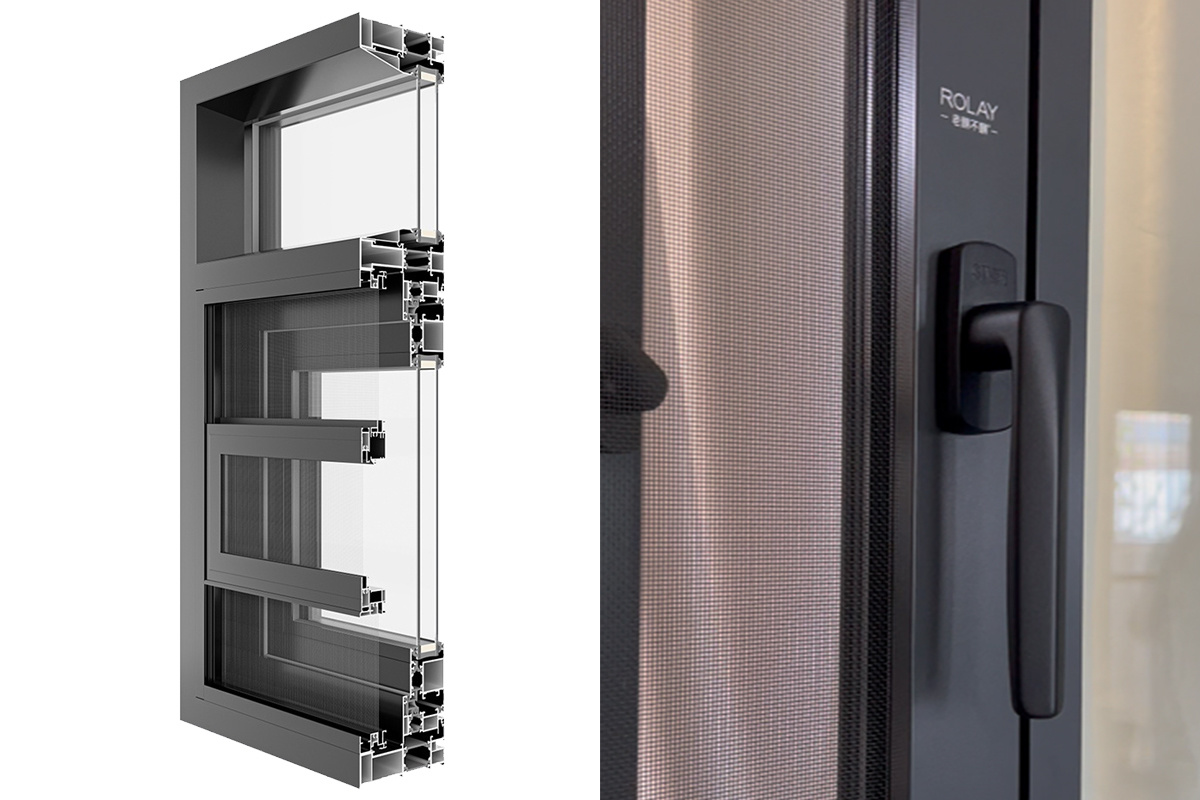
2.2 Sandstorm Protection
Window Type: Choose casement / inward-tilt windows. Avoid sliding windows.
Sealing: Use three EPDM sealing strips (glass, frame, hardware joints) to block sand.
Dust Drainage Holes: Hidden drainage holes with filters prevent water accumulation & frame corrosion.
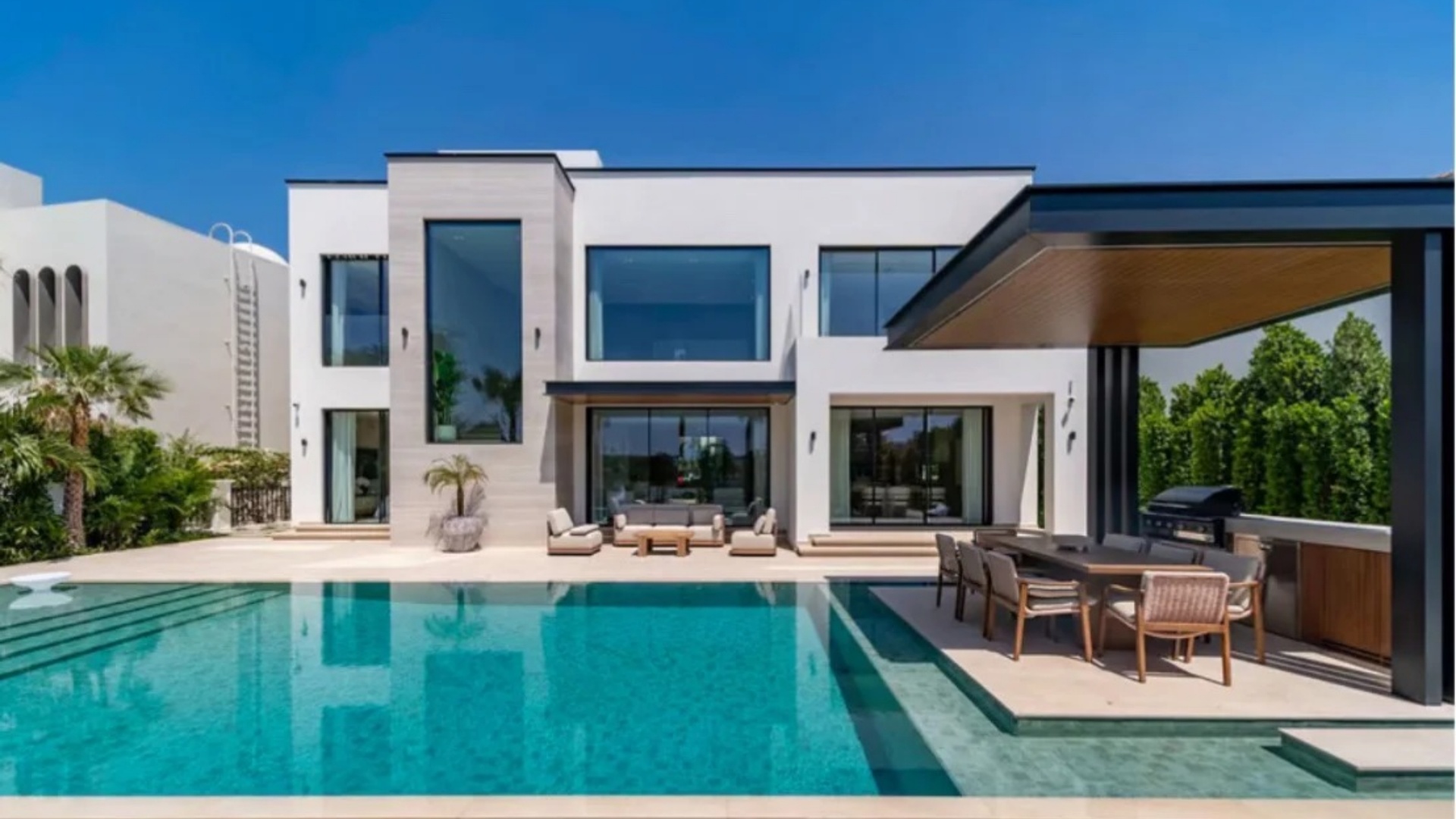
2.3 Coastal Salt Spray Protection
Anodized Profiles: 5–10μm oxide layer for corrosion resistance.
Hardware: 304/316 stainless steel, avoid galvanized. 316 recommended for seaside villas/low-rise buildings (+50% salt resistance).
3. Country-Specific Certifications & Window Types
The Middle East has strict building material certifications. Country-specific requirements:
| Country | Certification / Standard | Key Requirements |
|---|---|---|
| Saudi Arabia | SASO | U-value ≤ 3.0 W/(㎡·K), high-rise fire ≥1h, impact-resistant glass |
| UAE (Dubai) | ESMA | U-value ≤ 2.8 W/(㎡·K), tempered glass, curtain walls tested for wind load |
| Qatar | QCS | Salt spray resistance, sandstorm simulation required |
| Egypt | ECS | Heat & sound insulation, anti-shatter glass |
| Kuwait & Bahrain | GCC | Salt & blast resistance, hardware ≥ 304 stainless steel |
| Oman | GCC | High temp & sand resistance, U-value ≤ 3.0 W/(㎡·K) |
⚠️ Tip: Saudi & UAE require local agent certification + installation qualification—confirm before signing contracts.
3.1 Recommended Window Types by Country
Saudi Arabia: Narrow-frame system windows with PA66 thermal breaks, U ≤3.0 W/(㎡·K).
UAE (Dubai): Curtain wall + large casement windows with Low-E glazing, ideal for villas/hotels.
Qatar: CE/NFRC certified casement/inward-tilt windows.
Kuwait & Iraq: Blast-proof, laminated tempered glass, thicker profiles (≥1.4mm), multi-point locks.
Egypt: Cost-effective mid-range casement windows, double Low-E glazing.
Oman & Bahrain: Inward-tilt windows, 304 stainless steel, easy to clean.
4. Functional Upgrades for Middle Eastern Users
Energy Saving: U ≤2.8 W/(㎡·K) reduces AC costs & aids Estidama certification.
Sunshade: Built-in blinds inside glazing reduce solar heat by 50%, easy maintenance.
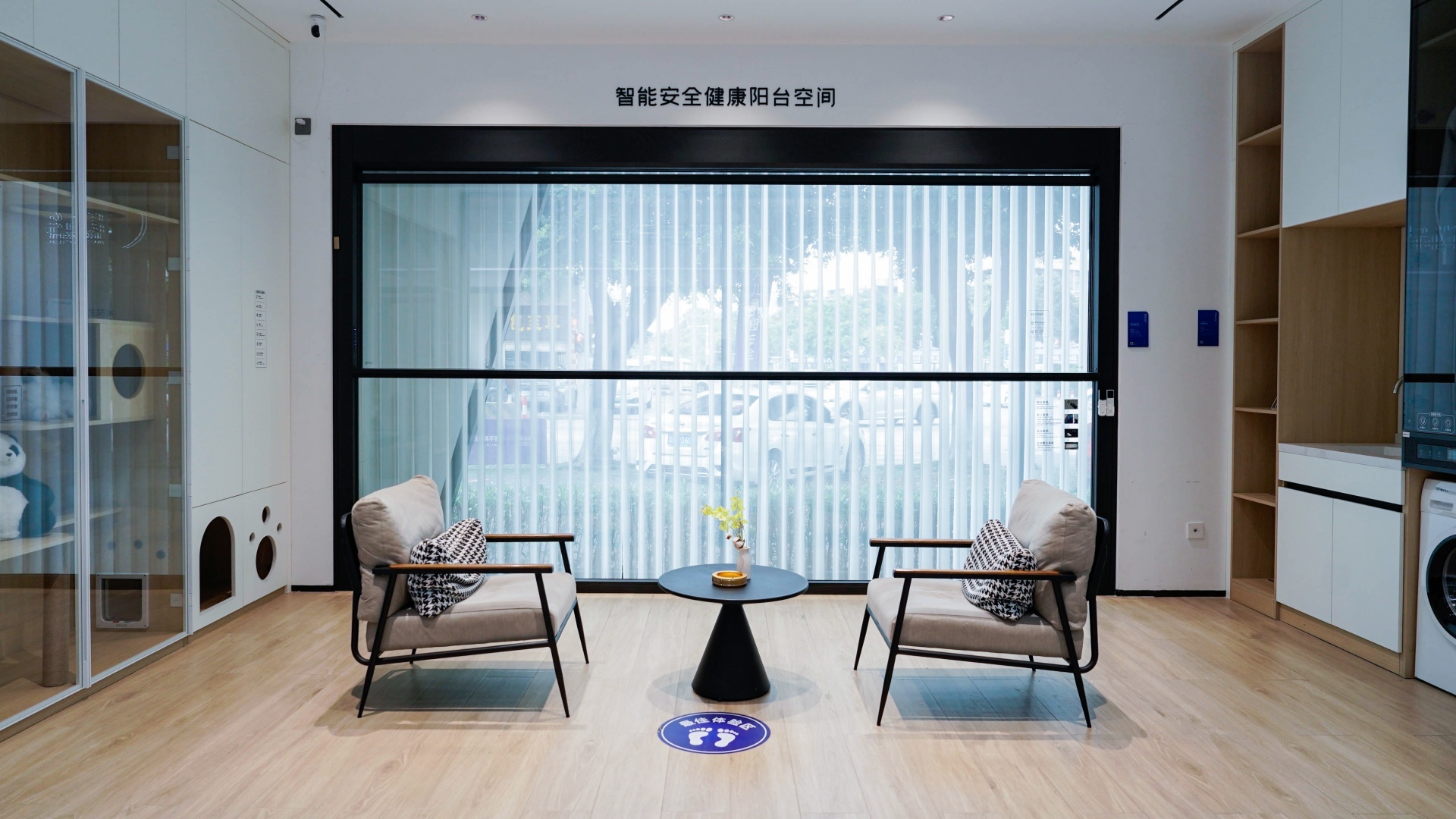
Safety:
High-rise: ≥5mm tempered glass, fall protection for outward-opening windows.
Villas: Laminated tempered glass, multi-point locks with top-bottom locking.
Maintenance: Smooth coatings (PVDF) shed sand; dust-covered hardware extends lifespan 5+ years.
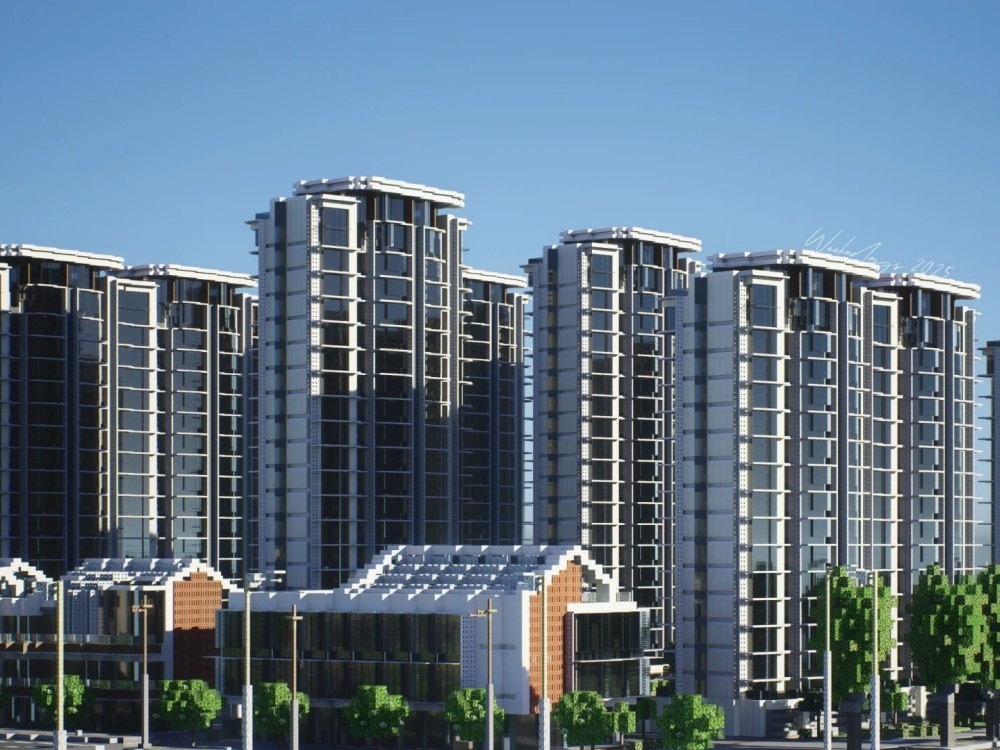
5. Local Aesthetic Considerations
Colors: Champagne gold, dark brown, ivory, light gray (blend with desert and exterior walls). Avoid red/orange.
Style: Modern: narrow frames for light. Traditional: wood-grain foil for heritage architecture.
6. Middle East “6 Key Avoidance Tips” + Professional Brand Guarantee
Avoid fake thermal breaks (magnet test: real PA66 thermal breaks are non-magnetic).
Coastal: Use 304/316 stainless steel hardware, avoid galvanized.
Avoid sliding windows; use casement/inward-tilt.
Don’t ignore certifications: Saudi SASO, UAE ESMA, Qatar CE/NFRC.
Surface coating: PVDF for exposed areas, ultra-durable powder coating for normal areas.
Glass: Tempered Low-E double/triple glazing, avoid single-pane.

ROLAY Windows
Choosing the right product is just step one. Professional production & installation ensure thermally broken windows perform fully:
Custom production for extreme Middle Eastern conditions (profile selection, coating, glass processing) tested under heat & salt spray.
Localized installation guides and teams familiar with Middle Eastern building codes.
Compliance with Saudi SASO, UAE ESMA, ensuring long-term stability and durability.
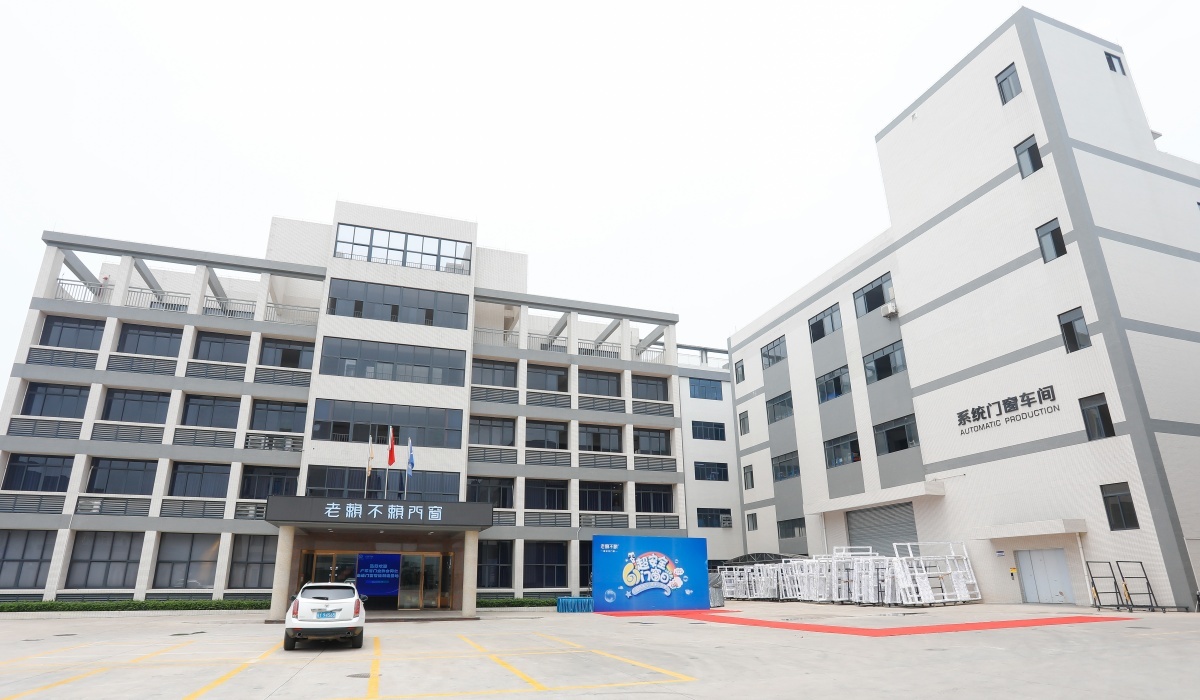
Conclusion: Choose ROLAY Windows for Middle East Homes
Selecting aluminum windows in the Middle East can be challenging due to extreme heat, sandstorms, and coastal salt spray. Thermally broken aluminum windows with PA66 thermal breaks, Low-E glazing, and stainless steel hardware are essential to ensure insulation, durability, and safety.
ROLAY Windows provides customized solutions for each Middle Eastern country, combining professional production, rigorous testing, and local installation expertise. By choosing ROLAY, you ensure your windows are energy-efficient, safe, low-maintenance, and perfectly adapted to the harsh Middle Eastern climate.
Trust ROLAY Windows to avoid pitfalls and bring long-term comfort and peace of mind to your home.
Keywords: Casement Window
#AluminumWindows #ThermallyBrokenWindows #MiddleEastConstruction #ROLAYWindows #HeatResistantWindows #SandstormProtection #CoastalWindows #UAEWindows #SaudiArabiaWindows #QatarWindows #LowEGlass #EPDMSealing #304StainlessSteel #WindowCertification #CustomWindows #BuildingMaterials #EnergyEfficientWindows #DurableWindows #HighEndWindows #WindowInstallation
Get a Free Quote
We welcome you for any inquiries,tell us about your project to receive a no-obligation price quote
Mob/Whatsapp/Wechat
Tel
Address
No.50-6. Area D, Sanshui Industrial Park, Leping Town, Sanshui District, Foshan City, Guangdong, P.R.China
Follow Us


